Why Baby's Weight is Important?
Weight is an important health indicator of a baby and shapes the well-being over their life cycle(1✔). This calculator calculates the weight of babies from their birth up to three years. It may not apply for low birth weight or pre-term babies as they ideally require a different measurement health indicator chart(2✔).
Babies come in different shapes and sizes; some maybe slim and tall whereas others maybe chubby and short. Whatever be their size or shape, babies are definitely special and unique and taking care of their health is the top priority for all parents.
Parents usually compare their baby's growth with other babies of the same age. As the baby gains height and weight, their normal growth pattern can be compared with standard growth charts. Every baby should have their own chart maintained by the parents. This is a simple but effective method for the growth and health of the baby. There may be racial and ethnic variations, but the WHO standards provide a better tool to monitor the rapid and changing growth rate in early infancy. The tool demonstrate that healthy children from around the world who are raised in healthy environments and follow recommended feeding practices have strikingly similar patterns of growth(3✔).
Healthy Weight
Healthy Weight for Newborns
According to the WHO, the average newborn normal weight of a full-term male baby is approximately 7 pounds 6 ounces (3.3 kilograms), while for a full-term female baby, it is around 7 pounds 2 ounces (3.2 kilograms).
Babies born between 37 to 40 weeks of gestation typically weigh between 5 pounds 8 ounces and 8 pounds 13 ounces, equivalent to 2.5 to 4 kilograms (
4✔).
Healthy Weight for Infants
Infants gain weight rapidly as they grow. By 1 month, a healthy infant's normal weight is typically between 9 lb 4 oz (4.2 kg) and 9 lb 14 oz (4.5 kg). By 6 months, this increases to 16 lb 1 oz (7.3 kg) to 17 lb 8 oz (7.9 kg), reflecting steady and healthy growth. Regular checkups are essential to ensure their development aligns with growth milestones (
5✔).
Normal Weight Gain for Infants
Infant weight gain is vital for growth and development:
- Birth to 3 Months: Babies gain 5-7 ounces (150-200 grams) weekly, doubling their birth weight by 4-5 months.
- 3 to 6 Months: Weight gain slows to 3.5-5 ounces (100-150 grams) per week.
- 6 to 12 Months: Babies gain 2-4 ounces (57-113 grams) weekly and triple their birth weight by 1 year (6✔,7✔).
Normal Weight Loss for Newborns: Newborns often lose 7-10% of their birth weight in the first few days after birth due to fluid loss but typically regain this weight within two weeks.
Factors Affecting Infant Weight
Several factors influence an infant's birth weight and growth pattern, including:
- Breastfeeding and Infant Weight
Breastfeeding provides essential nutrients and promotes healthy weight gain. Exclusively breastfed babies may gain weight at a different rate than formula-fed babies. - Formula Feeding and Infant Weight
Formula-fed infants tend to gain weight at a steadier pace but can be at risk for overfeeding if not monitored closely. - Infant Nutrition and Weight
Proper nutrition is crucial for healthy weight gain. A balanced diet of breast milk or formula is key to ensuring that an infant gains weight appropriately during the first months. - Infant Exercise and Weight
Physical activity, such as tummy time, encourages healthy muscle development and can indirectly support healthy weight gain. - Infant Sleep and Weight
Adequate sleep promotes growth and development, impacting an infant's weight. Sleep disruptions can affect feeding patterns and weight gain. - Mother's Health During Pregnancy
Conditions like high blood pressure, diabetes, obesity, or substance use can impact the baby's weight. High blood pressure or poor prenatal care may lead to lower birth weight, while diabetes or obesity can result in a larger baby (8✔,9✔).
Interesting Facts
- The internet has unlimited access to growth charts to keep track of the normal growth rate of children. We have provided a standard chart the Indian Association of Pediatrics & the WHO combined. This is different for boys and girls (10✔, 11✔).
- At birth, a full-term female infant should ideally weigh 3.23 kg or 7 lb 2 4 oz and male infant at 3.3 kg or 7 lb 6 oz (12✔). Boys on average are slightly heavier and taller than girls and their growth patterns are also different. Boys are usually 0.3 kg heavier than girls.
- Variations in the ideal weight score for the first two months may be minimum.
- Most charts presume that the baby is breast-fed. In the first few months as breast-fed babies grow at a different rate from formula-fed babies during the first year. Breast-fed babies during the first 2 months of life gain more in length and weight and then grow less rapidly. During the second year and by the age of 3, breast-fed infants'�growth is comparable to formula-fed infants' growth.
Ideal Infant Weight Chart for Boys
WHO 2006 Height or length, Weight and head Circumference Charts for Boys � 0 to 5 years in Months
Indian Association of Paediatrics 2015 & WHO 2006 Combined Height and Weight Charts for Boys for 0 to 18 Years
Ideal Infant Weight Chart for Girls
WHO 2006 Height or length, Weight and head Circumference Charts for Girls 0 o to 5 years in Months
WHO 2006 & Indian Association of Paediatrics 2015 Combined Height and Weight Charts for Girls for 0 to 18 years
How and When to Measure the Weight of the Infant
- Weigh the baby at birth in one week and then after 10 days. The weight is likely to be the same in a full-term baby.
- While there is no set formula, weighing the baby once a month for up to one year should be sufficient unless there is a reason to weigh them more frequently.
- After their first birthday weigh them once in two to three months.
- It is more convenient to weigh the babies at the time of routine immunizations which is at 8, 12 and 16 weeks and 1 year (4✔),(5✔).
- Make sure that the weighing machine has been calibrated, and preferably use the same machine every time. Use 'Infant scales' for babies up to 10kg.
- It is best to use weight measurement in kilograms (kg) and grams (g). The regular calibration of scales is very important to ensure accurate measurements.
- Infants can be weighed lying down whereas toddlers can be weighed sitting or standing.
- Try not to wear clothes or nappies when weighing the baby as it may add 200 g or more to the weight.
FAQs
1. What is the ideal body weight for a 2-month-old infant?
The ideal weight for a 2-month-old infant is around 12 lb 6 oz (5.6 kg) for boys and 11 lb 4 oz (5.1 kg) for girls, though it can vary based on individual factors (13✔).
2. How can I help my infant reach their ideal weight?
Ensure proper feeding (breastfeeding or formula), maintain regular feeding schedules, and consult your pediatrician for guidance on nutrition and weight concerns (14✔).
3. Is my infant underweight or overweight?
Use growth charts from the WHO or CDC and consult your pediatrician to assess if your baby's weight falls within the healthy percentile range for their age (15✔).
4. What are the factors that influence infant weight?
Infant weight is influenced by genetics, feeding practices, sleep patterns, activity levels, and overall health or medical conditions (16✔).
5. How often should I weigh my infant?
After the first 2 weeks, your baby should be weighed:
- Once a month up to 6 months
- Once every 2 months from 6 to 12 months
- Once every 3 months after age 1
More frequent weigh-ins are only needed if there are health or growth concerns. Length may also be measured during developmental reviews (
17✔).
Recommended Readings on Weight of Baby
Abruptio placenta is a serious but rare complication of pregnancy where a separation of placenta from the lining of the uterus happens before the baby is born and is an important cause of antepartum hemorrhage. Untreated, it poses serious risk to ...
Low birthweight is a term given to babies who weigh less than 2,500 grams at birth. These babies look much smaller than babies with normal birthweight.
Preventive Healthcare or Health Screening Guidelines serves as guiding tool for health conscious people. Health Screening Tests are available for all age groups. Read health tips for disease prevention.
The height and weight calculator is a useful tool to ascertain the ideal height and weight of the children according to age and gender.
Ideally, screening tests for hearing loss should be conducted before the infant is 1 month of age.
Culinary herbs, spices and condiments are used regularly in cooking globally. Apart from adding flavour they aid in digestion and stomach-soothing properties. Read more on this webpage.
Obesity is resistant to instant remedies and its management is a long-term endeavor. Here are a few tips to control obesity in children.
Monitor the growth of your baby by using this 'Ideal Baby Height' Calculator. It will help you find if your baby's height is within the international accepted range in cms or inches.

 Email
Email
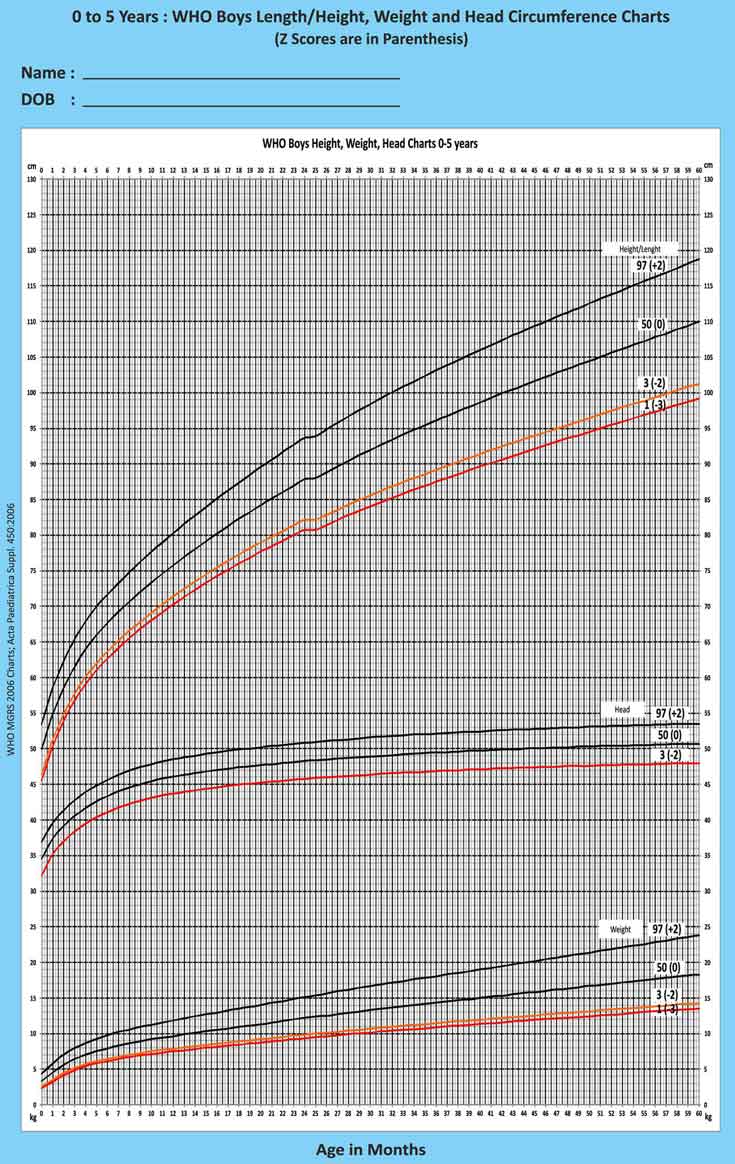
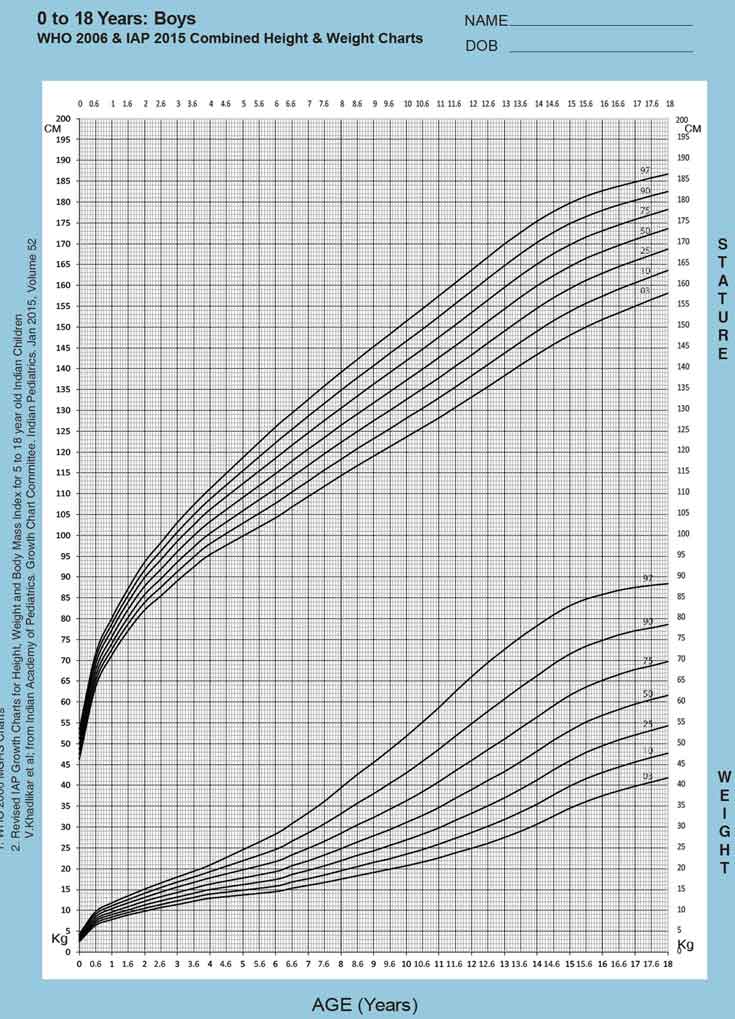
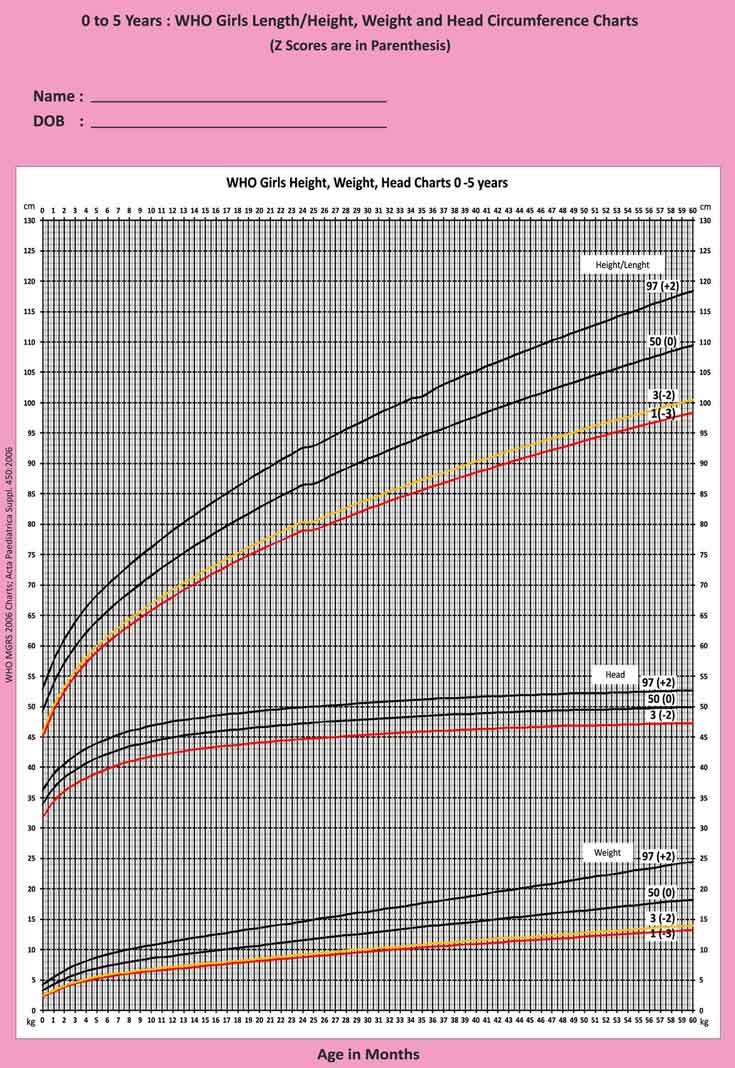
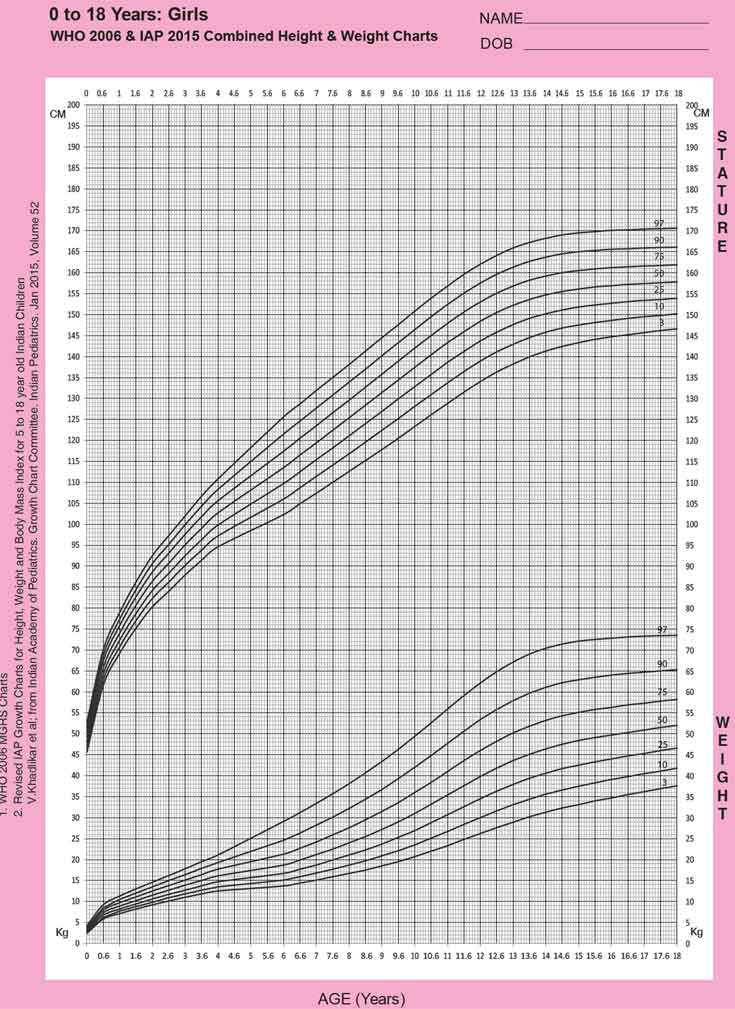
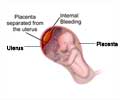






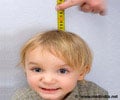









My baby girl's weight at birth was 3100 gms.After 4 weeks it is 3330 gms.Is it normal?